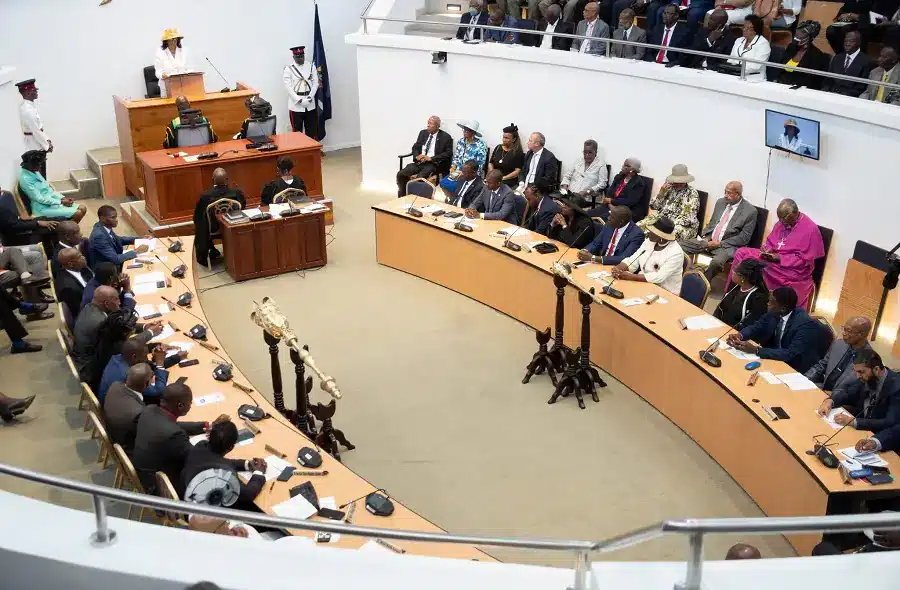On Tuesday, Speaker Leo Cato announced that the Grenada Parliament will implement artificial intelligence (AI) tools in the coming year and promote their comprehensive use among legislators.
“I would like to inform this Parliament that in the year 2025, we are promoting the adoption of artificial intelligence among parliamentarians.” Cato informed Parliamentarians that tools enabling the use of artificial intelligence will be procured, along with training related to AI.
The specifics of the AI initiative were not detailed; however, it was noted that the application of technology for parliamentarians was one of the results of the 67th Commonwealth Parliamentary Conference (CPC) conducted in Australia earlier this month.
Cato represented the Grenada Parliament at the conference.
“Several significant conclusions were drawn at that conference; I will now present a selection of three,” he stated as he began to read them.
Participants concluded that Commonwealth parliaments should proactively investigate all necessary measures and support systems to enable parliamentarians to fulfil their terms in office.
While reading from a prepared document, the second outcome stated, “Parliament should continue to adapt and innovate to strengthen its governance system while ensuring that its efforts respect and engage with tradition and local context.”
The third outcome stated that “the commonwealth parliaments should commit to integrating technological solutions to allow for inclusive participation in the electoral process for all persons, including those living with disabilities,” Cato informed the assembly.
The conference theme was: ‘Engage, Empower, Sustain: Charting the Course for Resilient Democracy.’
The workshops facilitated a platform for delegates to exchange their experiences as parliamentarians and deliberate on various issues, including the application of artificial intelligence and technology, the security of Members of Parliament, the eradication of human trafficking, the advancement of anti-discrimination legislation, the inclusion of LGBT+ individuals and persons with disabilities in parliamentary processes, and the engagement with Indigenous communities, as stated in the concluding remarks.
According to the Westminster Foundation for Democracy, parliaments can employ AI for transcription and translation, management of debate records, and subtitling of video content.




